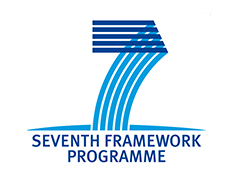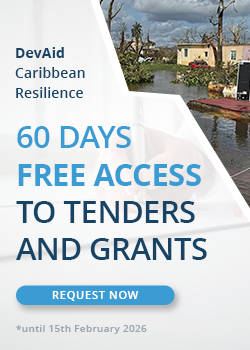Print

The Changing Arctic and Sub-arctic Environment: a Research and Training Programme on Marine Biotic Indicators of Recent Climate Changes in the High Latitudes of the North Atlantic: CASE
Details
Locations:France, Germany, Netherlands, Norway, UK
Start Date:Apr 1, 2010
End Date:Mar 31, 2014
Contract value: EUR 2,871,185
Sectors: Education, Training & Capacity Building, Environment & Climate, Fisheries & Aquaculture, Research & Innovation
Description
Programme(s): FP7-PEOPLE - Specific programme "People" implementing the Seventh Framework Programme of the European Community for research, technological development and demonstration activities (2007 to 2013)
Topic(s): FP7-PEOPLE-ITN-2008 - Marie Curie Action: "Networks for Initial Training"
Call for proposal: FP7-PEOPLE-ITN-2008
Funding Scheme: MC-ITN - Networks for Initial Training (ITN)
Grant agreement ID: 238111
Objective: The main aim of the CASE Initial Training Network Programme is to train the next generation of European paleoclimate scientists via state-of-the-art training in marine biotic proxies and modelling of past climate changes. It will be implemented through a joint research project aiming to describe and identify the mechanisms and impacts of recent environmental changes in the Nordic Seas. The composition of the consortium reflects the various expertises on marine biotic indicators needed to efficiently evaluate the nature and amplitudes of oceanographic and climate changes and their implications on the structure of the marine ecosystem during the present interglacial, the Holocene. The project is designed according to specific expertises of each network participant and the contribution of associated industry partners, hereby providing an ideal setting for training actions to the benefit of early stage researchers (ESR). CASE will therefore address the following key scientific objectives: 1, Advance our fundamental understanding on the impact of various natural climatic forcing factors in high northern latitudes during the Holocene. 2, Obtain a more complete knowledge on Holocene natural variability of physical parameters affecting ecosystem processes and structure in the Nordic Seas. 3, Improve our understanding and quantification of Holocene changes in ocean circulation and climate variability of the Arctic and Subarctic domains. 4, Expand our knowledge of previous Holocene polar amplifications of warming. 5, Gain fundamental knowledge of the impact of global warming beyond the range of Holocene natural variability over the last 150 years on the Nordic Seas environmental system.


